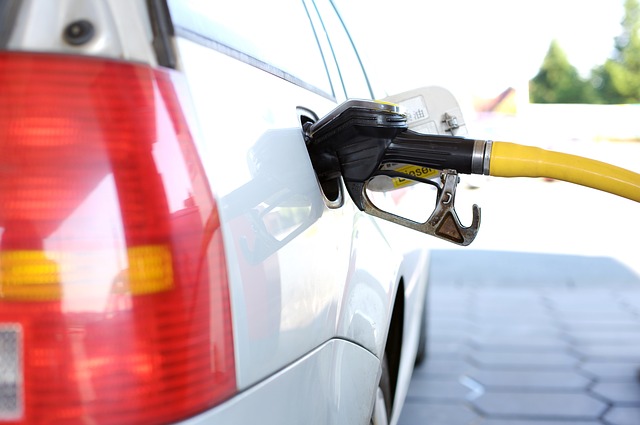House energy committee approves bill amending Oil Deregulation Law
- March 16, 2022
- 0

The House Committee on Energy has approved a bill amending Republic Act 8479 or the Oil Deregulation Law as local pump prices continue to rise.
The committee has particularly proposed some key amendments to the law, including institutionalizing the minimum inventory requirements (MIR) for petroleum for supply security purposes and the unbundling of the cost of petroleum.
The substitute bill is “subject to form and style.”
“We are faced with the bigger task of trying to mitigate the rising prices of petroleum and fuel,” committee chairman and Pampanga Rep. Juan Miguel “Mikey” Arroyo said, citing that fuel and petroleum price hikes were triggered by the conflict between Russia and Ukraine.
In her manifestation, meanwhile, Marikina City Rep. Stella Quimbo proposed that a provision in the substitute bill be revised further to clearly reflect that the Department of Energy’s (DOE) price monitoring system would be based on the petroleum products’ unbundled retail prices.
“Unbundling the retail price of domestic petroleum products does not run counter to the principle of deregulation, and is, in fact, a tool to ensure its effectivity. Thus, the DOE must be mandated and capacitated to monitor the unbundled retail prices,” she said.
Quimbo also proposed to grant the President the power to suspend or decrease the fuel excise tax rates should the price of Dubai crude reach $80 per barrel.
Bayan Muna partylist Rep. Carlos Zarate also asked Pres. Rodrigo Duterte to call for a special session of Congress for it to pass a law suspending the collection of excise tax on fuel, adding that this measure would immediately help consumers.
Senators, as well as the Department of Energy, have earlier expressed support to review the Oil Deregulation Law.
The Department of Finance, however, has rejected proposals to suspend the fuel excise tax. Instead, it is preparing a Php.20.3 billion “war chest,” which could be used as fuel subsidies to affected sectors, including public transport and agriculture.
Meanwhile, Sen. Sherwin Gatchalian proposed to increase MIR for oil refiners from 30 days to 45 days.
“I’m proposing to increase the 30-day minimum oil inventory to 45 days, that’s an extra 15 days of buffer. The government should subsidize the carrying cost because when these companies buy another 15 days, they have to pay for interest. And that’s where the government comes in terms of energy security,” Gatchalian, chairman of the Senate Committee on Energy, said in a statement.
However, Philippine Institute of Petroleum (PIP) executive director Raffy Capinpin said that the increase in the MIR would only cause another spike as prices are demand-driven. PIP serves as the national association of oil firms operating in the country.
The Philippine National Oil Company (PNOC) is also eyeing its own interim strategic petroleum reserve (SPR) via a co-storage, co-distribution program with oil players as an immediate relief to affected sectors. PNOC President and CEO Jesus Cristino Posadas said during Monday’s Senate hearing that the SPR would “provide such oil reserves stock in order to prevent economic loss.”
On Tuesday, local oil pump prices jumped by as much as Php 13.15 per liter for diesel, Php 7.10/liter for gasoline, and Php 10.50/liter for kerosene. DOE Oil Management Bureau Dir. Rino Abad said in a Radyo5 interview that morning that this is the biggest oil price increase in the country’s history.